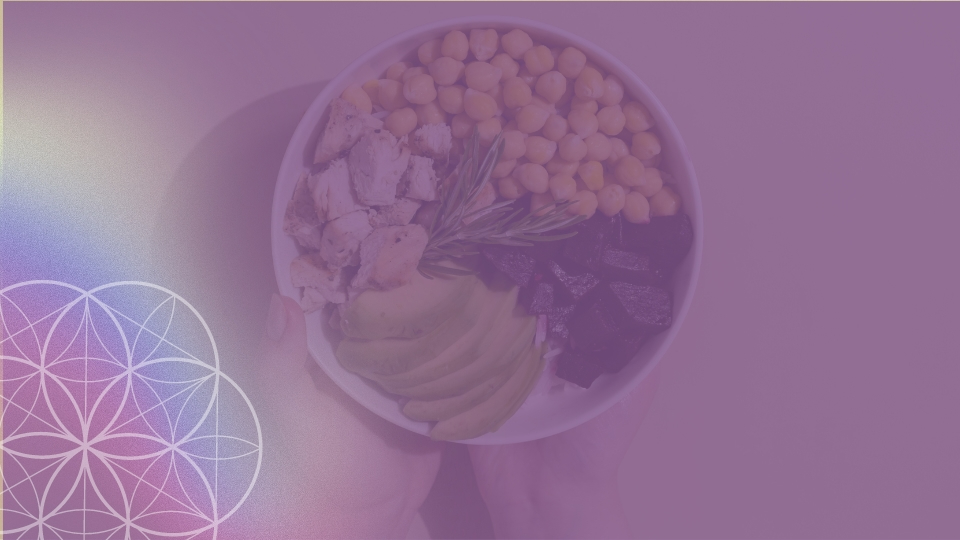Unlocking Fertility: Proven Tips for Conception Success
Trying to conceive can be an emotional and challenging journey for many couples. However, understanding your body and making the right lifestyle choices can increase your chances of getting pregnant right from the start! As an expert in Reproductive Medicine and prenatal Care for over a decade, we have tips from a professional source.
In this blog post, we’ll discuss essential fertility tips, including the foods you should eat to prepare your womb and the hormones you need to examine. Whether you’re a couple trying to conceive, new parents considering expanding your family, or someone experiencing infertility, this guide is tailored for you.
Know Your Cycle
Understanding your menstrual cycle is the first step toward enhancing your fertility. Your cycle can provide critical insights into your fertile window—when conception is most likely to occur.
- Track Your Cycle: Use apps or digital trackers to monitor your menstrual cycle. Knowing its length and phases helps you identify your ovulation period. You must also use BBT charting (basal body temperature) in your tracking. Not using BBT is a crucial step to pinpointing ovulation and learning more about your cycle.
- Identify Ovulation: During your cycle, ovulation typically occurs around days 14-16. Look for physical signs such as changes in cervical mucus and slight increases in basal body temperature.
- Regularity Matters: If your periods are irregular, consulting with a healthcare provider might help rule out underlying issues that could impact fertility.

What Hormones to Check
Hormonal balance plays a crucial role in fertility. Specific hormones must be within the proper range to support ovulation and implantation. Certain hormones are tested on days 3-4 of your cycle, while others are tested after ovulation.
Testing hormones at specific times in your cycle is the only accurate way to know the facts of the correct data on your hormone levels.
- Follicle-Stimulating Hormone (FSH): High levels of FSH can indicate reduced ovarian reserve. Testing this hormone can give insights into your egg health and premature menopause.
- Luteinizing Hormone (LH): A surge in LH triggers ovulation. Tracking this hormone helps pinpoint the most fertile days and when you will ovulate, as well as hormonal imbalances like PCOS (Polycystic Ovarian Syndrome).
- Progesterone: This hormone supports the uterine lining for implantation. Low levels can indicate issues with maintaining a pregnancy, as well as irregular ovulation. This hormone must be tested on day 21 of your cycle or 7 days post ovulation to get an accurate read for ovulation purposes.
- Thyroid Hormones (TSH, T3, T4): Imbalances in thyroid hormones can affect menstrual cycles and fertility. It is crucial to examine all three of these hormones.

The Fertile Mindset
Stress and emotional well-being significantly impact fertility. Adopting a positive and proactive mindset can make a difference.
- Mind-Body Connection: Yoga, meditation, and mindfulness can reduce stress and improve overall well-being.
- Support System: Surround yourself with supportive friends and family, or join fertility support groups to share experiences and advice.
- Counseling & Coaching: Finding someone who specializes in coaching and therapy for emotions that come along with a fertility journey can help address the anxiety and stress that often accompany the journey of trying to conceive.
Foods to Eat to Prepare Your Womb
Nutrition is a cornerstone of fertility. Eating the right foods can prepare your body for pregnancy and improve your reproductive health.
- Leafy Greens: Rich in folate, spinach, kale, and other leafy greens support cellular function and help prevent neural tube defects in early pregnancy. Eat cooked organic veggies. Raw veggies create a cold womb space and lack blood flow to the reproductive powerhouse.
- Whole Grains: Foods like quinoa, brown rice, and oats provide essential vitamins and minerals, including B vitamins, crucial for hormone regulation.
- Healthy Fats: Incorporate avocado, nuts, seeds, and oily fish like salmon into your diet. These foods are rich in omega-3 fatty acids, which support hormonal balance and reduce inflammation. 40% of your diet should be healthy fats when trying to conceive.
- Lean Proteins: Chicken, turkey, beans, and legumes provide high-quality protein for egg health and embryo development.
- Fruits and Vegetables: A colorful variety of fruits and vegetables supply antioxidants, vitamins, and minerals that protect your cells from damage.

Fertility Tips
In addition to understanding your cycle and eating the right foods, consider these additional fertility tips:
- Stay Active: Regular, moderate exercise can improve circulation and overall health, but avoid excessive high-intensity workouts that can disrupt ovulation.
- Limit Caffeine and Alcohol: High consumption of caffeine and alcohol can negatively affect fertility. Moderation is key. Both alcohol and caffeine contribute to estrogen dominance, which is the number one cause of infertility.
- Quit Smoking: Smoking has been shown to reduce fertility and harm eggs and sperm. Quitting can significantly improve your chances of conception.
- Maintain a Healthy Weight: Both underweight and overweight conditions can affect hormone levels and ovulation. Aim for a balanced diet and regular exercise to achieve a healthy weight.
Conception Tips From An Expert
Every couple’s fertility journey is unique, but these general pieces of advice can help guide you:
- Timing is Everything: Have intercourse during the fertile window, which is typically a few days before and after ovulation. Having intercourse every 2-3 days is best so you do not feel so stressed around your fertile window; enjoy intimacy with your partner rather than feel pressured around the ovulation window.
- Seek Professional Help: If you’ve been trying to conceive for over a year (or six months if you’re over 35), schedule a consultation with a fertility specialist or begin preparing your body before conception with an expert in reproductive medicine like Lindsay Goodwin at Garnet Moon.
- Stay Educated: Continue learning about fertility and reproductive health to make informed decisions.
Unlocking your fertility potential involves understanding your body, making healthy lifestyle choices, and maintaining a fertile mindset. By following these tips and making informed decisions, you’re taking proactive steps toward achieving your dream of starting or expanding your family.
Ready to take the next step in your fertility journey?
Schedule a Fertility Consultation Today! Our team of experts is here to support you every step of the way.
Want to learn more? Are you in the Denver or Colorado area? I offer consultations in Denver or in Parker, CO at Rocky Mountain Fertility Center or Virtually. You can book a consultation to learn how I can assist with fertility, hormones, and reproductive health.

